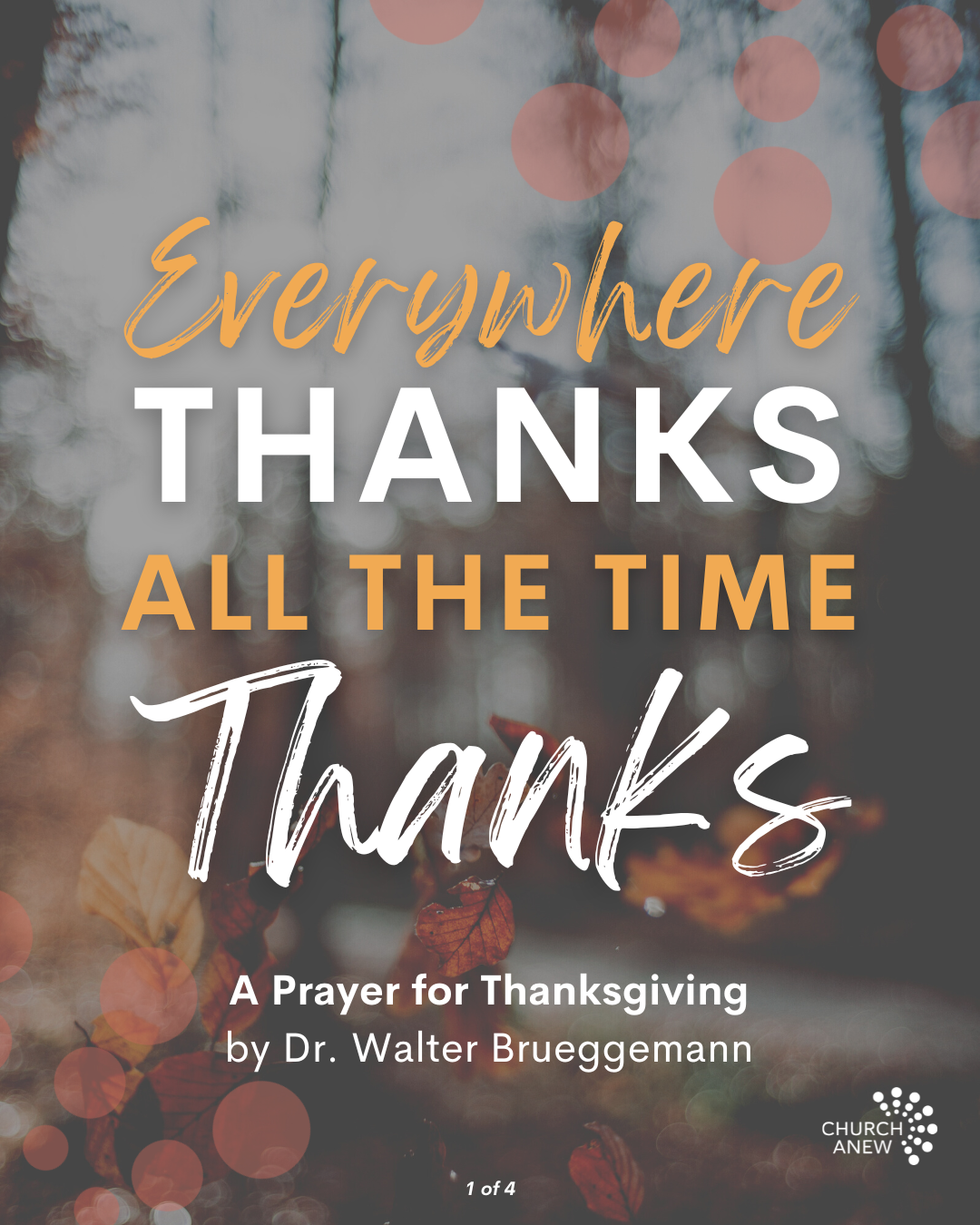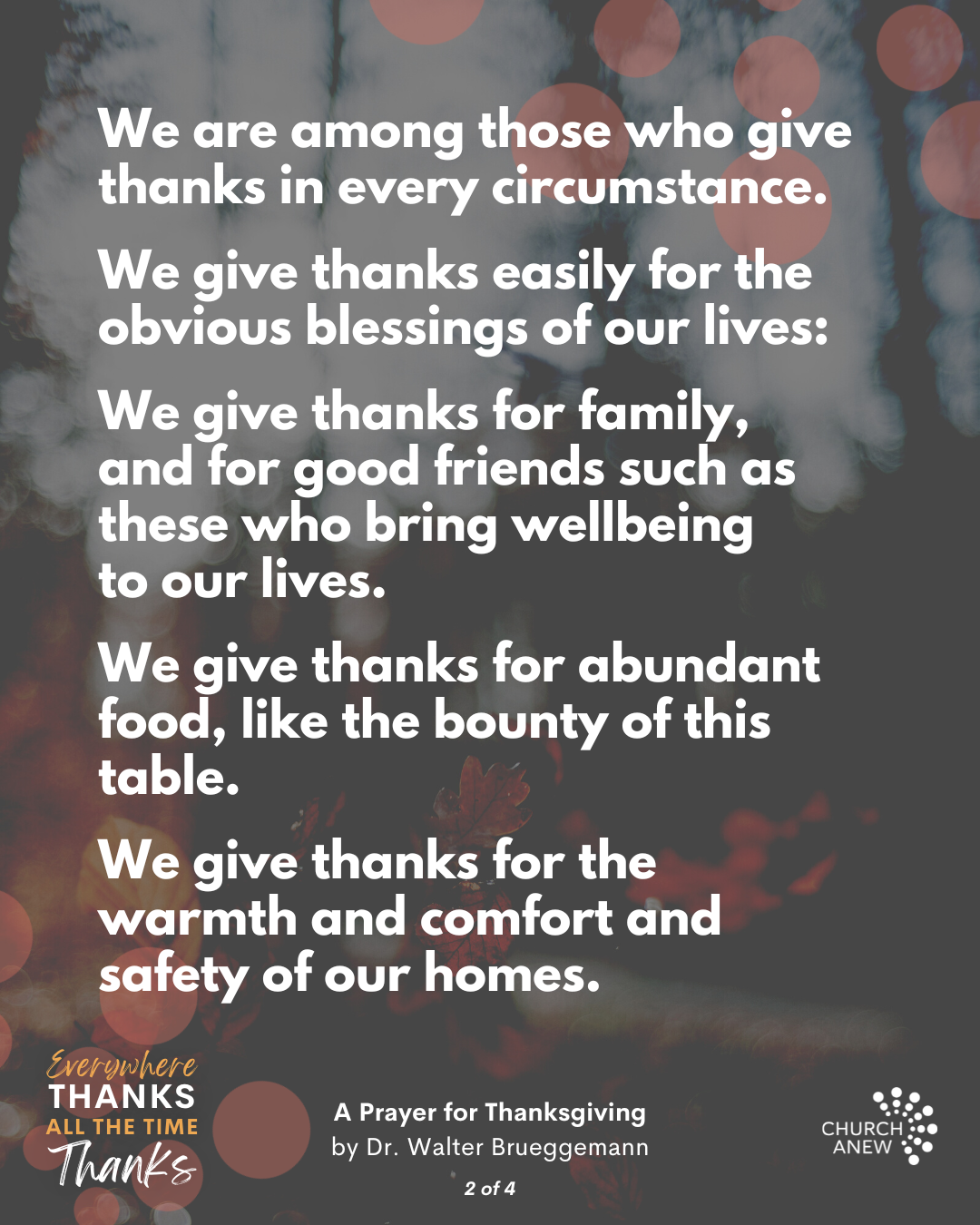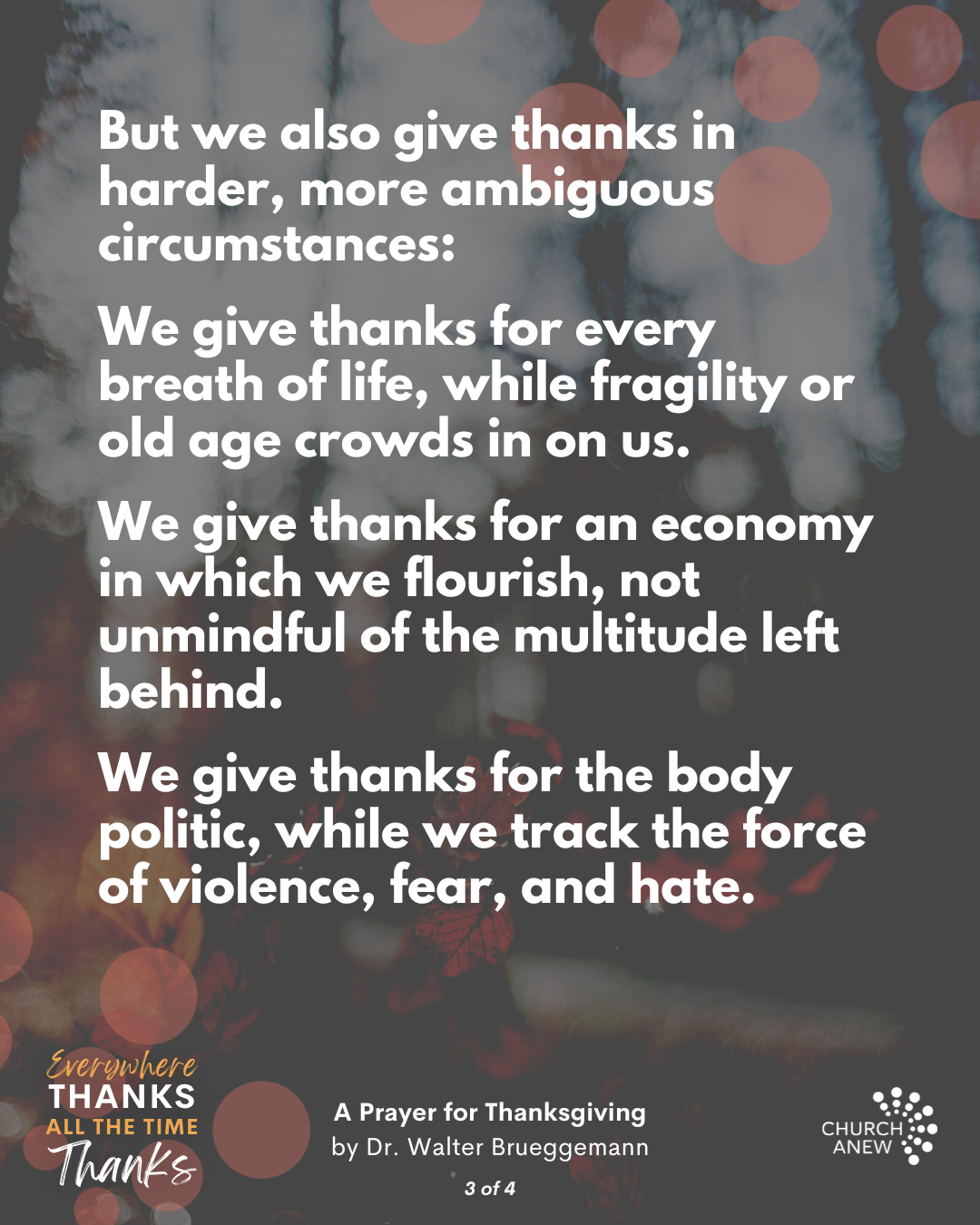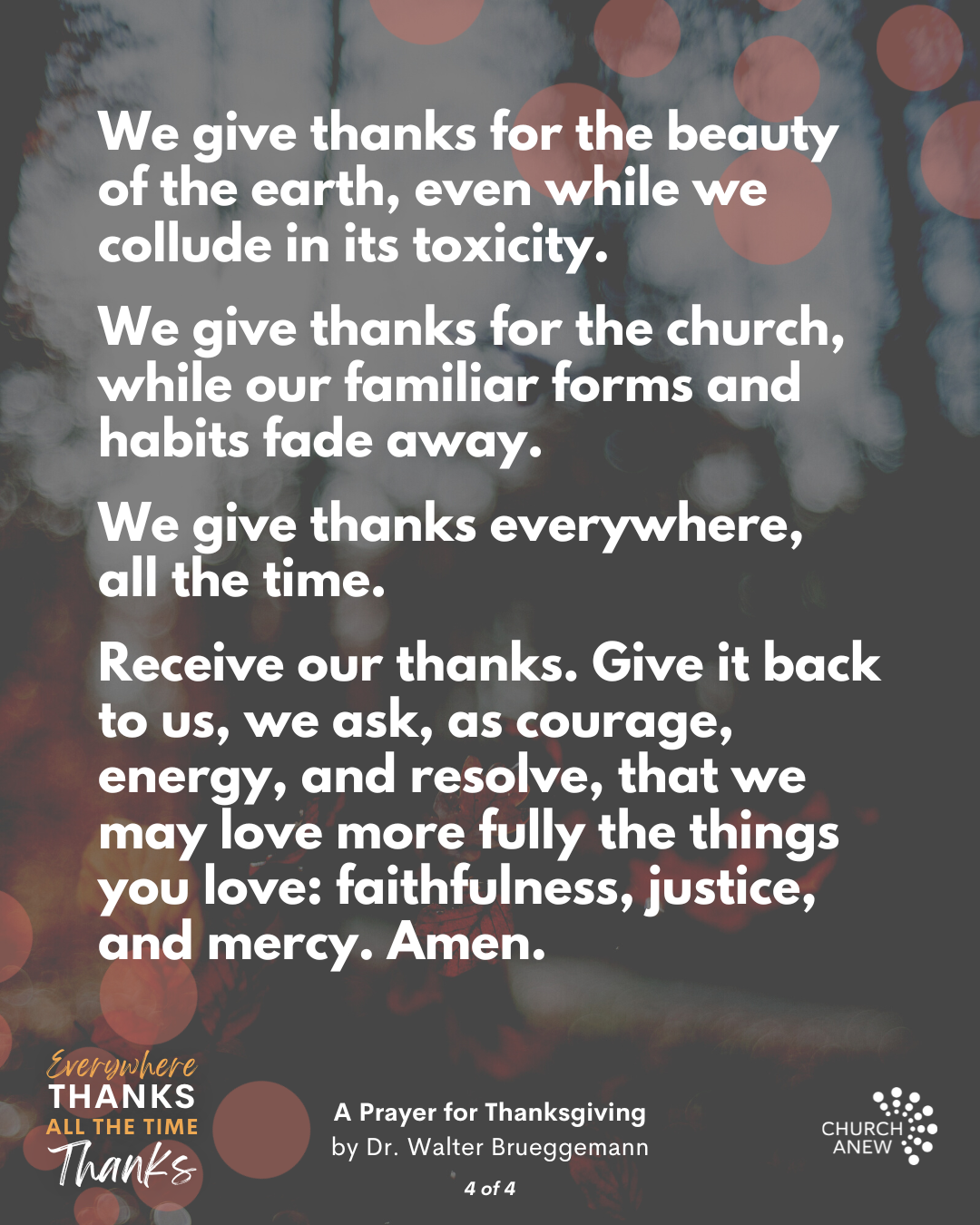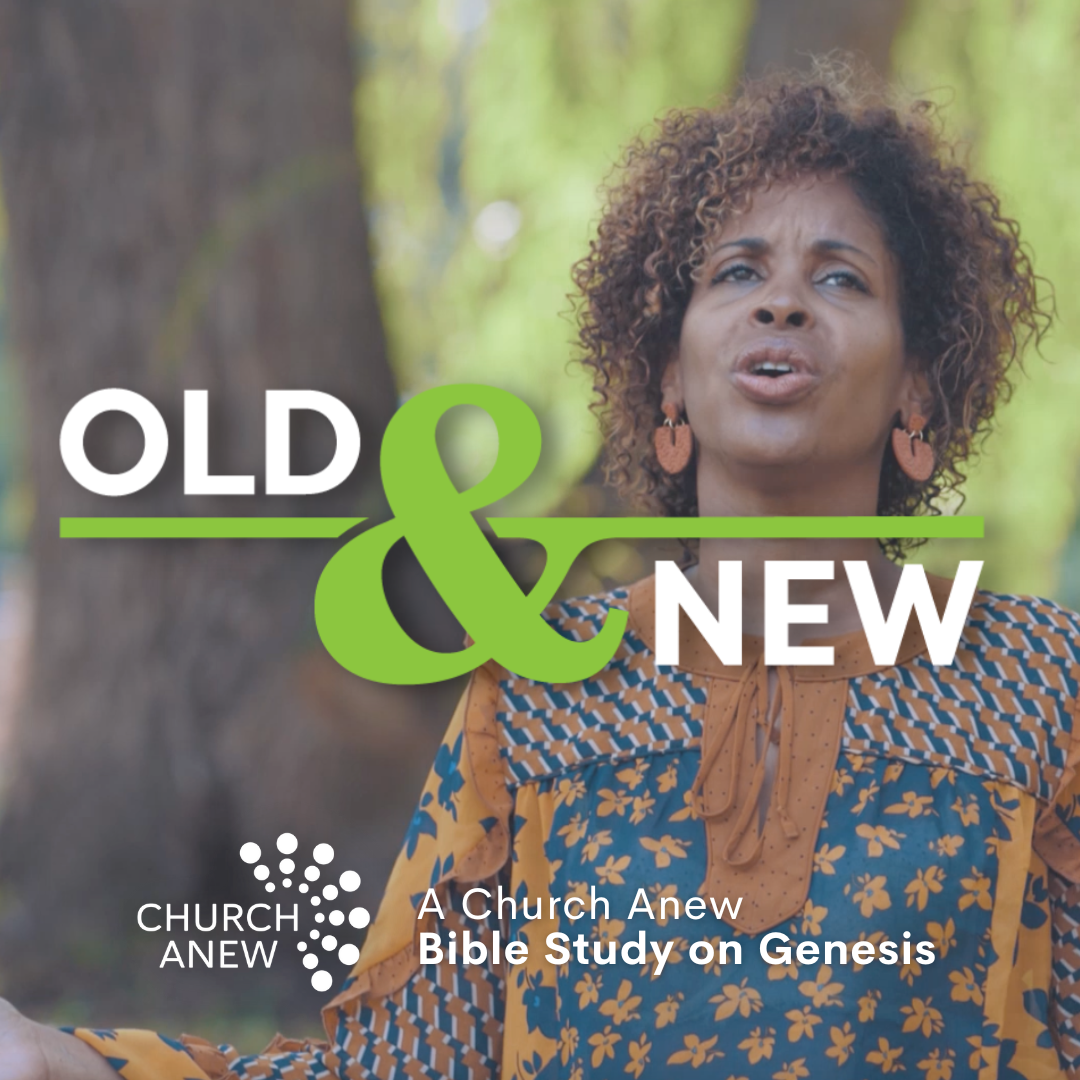Watch Where You Go and How You Get There
Photo by Francisco Gonzalez on Unsplash
In the path of righteousness there is life,
In walking its path there is no death (Proverbs 12:28).
If you do not know the work of Norman Wirzba (Duke University), hurry to learn of him and get his books. Wirzba writes the freshest material concerning “the environment,” only he takes it as God’s good life-giving creation. He follows in the train of Wendell Berry, but writes with a more frontal theological accent. Among his more compelling phrasings is his translation of creatio ex nihilo (creation out of nothing) into “creation out of love” (creatio ex amour). That alteration changes everything we may think and do about care for creation. In his current book, Agrarian Spirit: Cultivating Faith, Community, and the Land (2022), Wirzba writes the remarkable words:
The first thing to say about a path of genuine transformation is that it is a path and not a road. Roads are constructions that aim to get people across a place as quickly and efficiently as possible. They tend, as much as possible, to be straight and smooth, which means that the land has to be bulldozed and graded for the road to fit within a predetermined line. Whatever obstacles are in the way must be removed because one’s focus is primarily the destination rather than the places along the way. A path, by contrast, is born of a much slower movement and proceeds by direct contact and familiarity with the contours of the land. It meanders, often forks, and prefers to go around obstacles. A path, in other words, communicates respect, even affection, for a place by showing the willingness of people to adapt their movements to what the place recommends. If, as Berry suggests, a road acts like a bridge that avoids contact with places conceived as abstract spaces, then a path takes people into places that personal experience has taught them to be of value (p. 120).
These words are worth a very long pondering, in the context of slow and speed, and in the appreciation of place in distinction from abstract space.
In the Proverb I have cited above, there is a contrast of life and death. There are the certain distinctions of different directions and speeds of journeying. We may recognize that in much of the Bible as here, “life and death” are not settled, finished absolutes, but are processes of wellbeing or trouble, of prosperity or adversity. The routes and modes of travel are commensurate with outcomes, that is, processes for good or for evil. The two “points of destination,” moreover, are linked to the two terms for the route of travel. Unfortunately one cannot tell from the NRSV translation that the two words, “path” and “path” render different Hebrew terms. The first “path” is ‘orah, the second is derek. The first term is consistently used for a “path” that suggests a slow, deliberate, traditional, familiar route of travel. The second, derek, is a more common term with a much broader usage denoting a route from a path to a road, to a highway, to a superhighway. While the semantic distinction is not absolute or fully consistent, the distinction is enough that we can appeal to it to consider the force of the Proverb, and reflect on the either/or of wisdom.
This Proverb, like all such Proverbs, is a reflection on the accumulated experience of the community over time. The community has learned, through long trial and error and careful discernment, what kinds of conduct, practice, and policy make for life, prosperity, and wellbeing for the community. It has learned, at the same time and in the same way, the kinds of behavior, practice, and policy that do damage to the community. Thus the many “better sayings” in the wisdom tradition are able to discern and articulate that some conduct is “better” than other conduct, because the “better” conduct produces good outcomes:
Wisdom…is better than silver,
…better than gold (Proverbs 3:13-14).
My fruit is better than gold, even fine gold,
and my yield than choice silver (Proverbs 8:19).
Better is a little with the fear of the Lord
than great treasure and trouble with it (Proverbs 15:16).
Better is a dinner of vegetables where love is,
than a fatted ox and hatred with it (Proverbs 15:17).
The wisdom traditions have drawn conclusions over a long period of time about the better choices to be made, even if those choices seem to be counterintuitive. Wisdom is to be “on the way” with better choices that promise better outcomes for self and for the community. The same choices are, in a different way with different framing, reflected as well in the Torah, so that the covenant community of Israel is always standing before choices. When Israel chooses “the path” of righteousness, life, and justice, wellbeing will result. Conversely, the path of bad choices produces bad outcomes and eventually land loss (see Deuteronomy 30:15-20). Thus both wisdom teaching and Torah instruction concern the nurture of an aptitude for a life of right choices said to be on “the way of life.” Neither wisdom teaching nor Torah instruction suggests that there can be any circumstance in which a “better” choice cannot be made or in which a poorer choice cannot be made with bad outcomes. Thus the wisdom tradition is able to speak variously of “the paths of justice” (Proverbs 2:8), “the paths of uprightness” (Proverbs 2:13), “the paths of the just” (Proverbs 2:20), “the path of the righteous” (Proverbs 4:18), and “the path of life” (Proverbs 5:6).
Verses in the book of Jeremiah are a summons to “the ancient paths,” the ones tried and tested over time. The prophet does not specify here that path, but elsewhere he sees that the path consists in neighborly practice, most especially toward the widows, orphans, and immigrants (see Jeremiah 5:28, 7:6). But Jeremiah watched as the royal-priestly leadership in Jerusalem had chosen otherwise. That enterprise chose the way of wealth and power of a vigorously exploitative kind, and waged a ruthless economic war against its own peasant community on which it depended for sustenance. Jeremiah summons his community:
Stand at the crossroads, and look,
and ask for the ancient paths,
where the good way lies; and walk in it,
and find rest for your souls (6:16).
As soon as he issues that summons, however, the prophet promptly attests that his community and it leadership have chosen otherwise:
But they said, “We will not walk in it.”…
“We will not give heed” (6:16-17).
For the prophet it follows that such a refusal leads inescapably to the harsh response of a lordly “therefore” of destruction and death:
Therefore hear, O nations,
and know, O coastlands…
See, a people comes from the land of the north,
a great nation is stirring from the farthest parts of the earth (6:18, 23).
So consider “paths.” They are formed by habit and reiterated walking. Even cows soon trace out a path as they head “home” at milking time after a long day. Such paths take the landscape as it is, and traverse it in unhurried ways. By contrast a “road” or better, “a highway” brings the necessary bulldozers and earthmovers to alter the landscape to make travel swifter and more convenient. This in the familiar scene offered by the poet as he imagines YHWH’s kingly return to Jerusalem after the exile:
In the wilderness prepare the way (derek) of the Lord,
make straight in the desert a highway (mesillah) for our God.
Every valley shall be lifted up,
and every mountain and hill be made low;
the uneven ground shall become level, and the rough places a plain.
Then the glory of the Lord shall be revealed,
and all people shall see it together,
for the mouth of the Lord has spoken (Isaiah 40:3-5).
Kings do not travel on cow paths! This must be a road that is straight, open, unimpeded. One gets the imagery of fast horses and chariots, or belatedly, tanks and troops arriving with a show of great power and domination. The same imagery is picked up in the scenario that imagines more specifically the return home:
A highway (maslul waderek) shall be there,
and it shall be called a Holy Way (derek haqodesh);
the unclean shall not travel on it,
but it shall be for God’s people;
no traveler, not even fools, shall go astray (Isaiah 35:8).
This is a limited access road made safe from dangerous wild animals; no one unclean! But only the Holy Ones belonging to the returning king, even if that company now includes the blind, the deaf, the lame, and the dumb (vv. 5-6). It is a tightly controlled road dominated by the power of the one who returns in splendor and victory.
Beyond that, the tradition can speak of “the king’s highway”:
Now let us pass through your land. We will not pass through field or vineyard, or drink water from any well; we will go along the King’s Highway, (derek hammelek) not turning aside to the right hand or to the left until we have passed through your territory (Numbers 20:17).
Let me pass through your land; we will not turn aside into field or vineyard; we will not drink the water of any well; we will go by the King’s Highway (derek hammelek) until we have passed through your territory (Numbers 21:22).
The phrase, “King’s Highway” refers to the great road that traverses the Fertile Crescent from Egypt to the great kingdoms of the north. Such a “highway” serves two purposes. First, it moved commerce. (I noticed recently in crossing the border from Canada back into the States that the passport control of the US had two lanes open for cars with very long lines, and four lanes open for trucks with no waiting time. What counts is commerce!):
Tarshish did business with you [Tyre] out of the great abundance of your wares. Javan, Tubal, and Meshech traded with you; they exchanged human beings and vessels of bronze for your merchandise. Bethtogarmah exchanged for your wares horses, war horses, and mules. The Rhodians traded with you; many coastlands were your own special markets; they brought you in payment ivory tusks and ebony. Edom did business with you because of your abundant goods; they exchanged for your wares turquoise, purple, embroidered work, fine linen, coral, and rubies. Judah and the land of Israel traded with you; they exchanged for your merchandise wheat from Minnith, millet, honey, oil, and balm. Damascus traded with you for your abundant goods—because of your great wealth of every kind—wine of Helbon, and white wool. Vedan and Javan from Uzal entered into trade for your wares; wrought iron, cassia, and sweet cane were bartered for your merchandise. Dedan traded with you in saddlecloths for riding. Arabia and all the princes of Kadar were your favorite dealers in lambs, rams, and goats; in these they did business with you. The merchants of Sheba and Raamah traded with you; they exchanged for your wares the best of all kinds of spices, and all precious stones, and gold. Haran, Canneh, Eden, and merchants of Sheba, Asshur, and Chilmad traded with you. These traded with you in choice garments, in clothes of blue and embroidered work, and in carpets of colored material, bound with cords and made secure; in these they traded with you. The ships of Tarshish traveled for you in your trade (Ezekiel 27:12-25; see Revelation 18:11-13).
The construction of great highways was to move the great economy of commodities in order to satisfy the needs and wants of the wealthy on an international scale. It is to be noticed that in both Ezekiel 27:13 and Revelation 18:13 the inventory of commodities includes “human beings” (nephesh adam) that are slaves as part of commercial transactions. The text does not blink at the mention of them. Second, the purpose of the great highways is to move military resources effectively and speedily in order to maintain political-economic control of land and/or to expand one’s territory where possible. (It may be noted that in Isaiah 19:23-25 the poet can imagine an alternative purpose of the highway through a vision that at the ends of the highway and at every point along the way the peoples might live in common wellbeing and faith.)
These roads are marked in two ways. First, they are efficient. They move people and goods through the landscape without having to face any of the impediments of natural or social barriers that might otherwise pose problems. Second, they are designed to move at great speed, because “time is money.” For both commercial and military purposes, efficiency and speed count for a great deal. As a result, every well-functioning state or kingdom or empire can provide an “interstate” that will bypass human communities and remain unhindered by the inconvenient reality of human habitation. As it has turned out in our own case, it is even better if the road system can be designed to destroy “undesirable” neighborhoods of the poor or “people of color” who are at best an inconvenience for the regime of efficiency and speed, and do not in any case usefully participate in the wondrous market of commodity goods. Thus for example, Robert Caro, The Power Broker: Robert Moses and the Fall of New York (1975) has detailed the way in which Moses, as a city planner in New York, deliberately and carefully built highways through “undesirable” communities in the city in order to destroy them, and to require removal of those populations that served no purpose in his vision for the city. This is surely not a recent belated phenomenon!
Wirzba calls attention to “paths” that follow the contours of the land in all its variation. Such paths inevitably are marked by two features that contradict the purpose of a highway. Such paths are slow. I once stayed at a B & B on rural road in Scotland. It was a one lane road for two way traffic, with occasional wide places to stop and let a car go the other way. One had to be on the lookout for one’s neighbor, and invariably the passing of the two cars led to a friendly wave. There is no way to hurry on such a path! It follows, second, that such a way of getting there is what we could term inefficient. One could not “rush” anywhere and the one lane road assured that the neighborhood would not specialize in efficiency.
Wendell Berry, in his current book, The Need to be Whole: Patriotism and the History of Prejudice (2022) labels this contrast of “path” and “road” as “industrialism” and agrarianism.” In his alert, critical commentary on Robert E. Lee, Berry writes:
His significance for my purpose in this book is that he embodied and suffered, as did no other prominent person of his time, the division between nation and country, nationalism and patriotism, that some of us in rural America are feeling at present. We speak of it now as the difference between industrialism and agrarianism, but it is essentially the same. It is the difference suffered by small farmers, black and white, who have lost their farms because of the national bias in favor of industrial agriculture, which became doctrinal and total after World War II (p. 198).
In this wise book Berry traces out the way that what he terms “industrialism” has worked aggressively and effectively (efficiently!) to destroy the fabric of the neighborhood. Inevitably such industrial agriculture comes along with predatory capitalism that serves and reinforces elaborate investment in militarism. It is all of a piece, a package that works mightily against slowness and inefficiency that are indispensible for a viable neighborhood and common wellbeing. And as Berry sees, the force of “industrialism” is so insistent that it seems inexorable and irresistible. Berry quotes Paul Krugman who “surrenders” to such industrialism:
There are powerful forces behind the relative and in some cases absolute economic decline of rural America—and the truth is that nobody knows how to reverse those forces (p. 413).
This last sentence is astonishing! It is not true that we do not know how to “reverse” those forces. Of course we know the way to reverse those forces. What is required is the “path” to slow, inefficient neighborliness that allows time for serious face-to-face interaction, and that takes seriously the wellbeing of neighbors whose names we might actually come to know.
The contrast between such paths of neighborliness and the roads of speed and efficiency constitutes a deep and fraught challenge. It is, however, not a new challenge, only one that has been escalated in scale and urgency in our time. It is for that reason that I dare to mention that Jesus readily stood in the tradition of a slow path as he summarized his teaching in what we call his “Sermon on the Mount”:
Enter through the narrow gate; for the gate is wide and the road is easy that leads to destruction, and there are many who take it. For the gate is narrow and the road is hard that leads to life, and there are few who find it (Matthew 7:13-14).
In his exposition of “the way,” Jesus surely echoes the words of the introduction to the Psalter that he knew so well:
Happy are those who do not follow the advice of the wicked,
or take the path that sinners tread,
or sit in the seat of scoffers;
but their delight is in the law of the Lord…
But the way of the wicked will perish (Psalm 1:1-2, 6).
Jesus summons his listeners to choose a path that is not much taken. It is a path that is narrow, that is, exclusionary in the options it offers. It is a hard path with its many demands. We may take the “Sermon on the Mount” of Jesus as a summary and claim for the alternative path. The Sermon on the Mount includes a hope-filled prayer for neighborly forgiveness, an act unlikely in the industrial economy. It includes hard sayings about relationships, because it affirms that relationships count for everything. It commends love of enemies. It invites beyond anxiety to the good work of the coming regime of God. It is a way of discipleship that takes “being on the way” as more important than arrival. It is no wonder that “few” take this path. It is no wonder that many take the path to destruction that in our time is marked by endless technological efforts to outflank the quotidian reality of our fragile human bodies and our equally fragile body politic. Jesus knew in his time about industrial militarism. He knew about the Roman Legions that needed good roads for rapid deployment. He understood, moreover, how religious leaders can be easily and readily co-opted for such speedy efficiency.
But he persists, from village to village, from neighbor to neighbor, from need to healing, from food to hunger. It is no wonder to us that the Roman regime of speed and efficiency would eventually lose patience with him, and would need to eliminate the threat that he posed to its confiscatory posturing. And so he was executed. But that Friday of execution also turned out to be the terminal point of “the King’s Highway.” And then, beyond the reach of imperial road builders, the fragile unhurried path of life was reopened on Sunday morning!
What a wondrous, glorious, hard, arduous work it is for the synagogue and the church to remember the summons of Moses, the wisdom teachers, and Jesus to take “the road not traveled” that teems with life options. You can see folk on this path every day, refusing speediness long enough to notice neighbors, refusing the efficiency in order to make time for a conversation, a gesture, a march, a protest, an investment, or a law…all quite time-consuming enterprises…our proper use of our time, energy, and resources. This is indeed a more excellent way” (I Corinthians 12:31). It is impossible to imagine Jesus or his people being in a hurry! (Contrast the priest and the Levite in the narrative who had schedules to keep! (Luke 10:31)
In the Book of Acts the early followers of Jesus were eventually called “Christians” (Acts 11:26). Before that, however, long before that, they were followers of the way, that is, the path:
Meanwhile, Saul, still breathing threats and murder against the disciples of the Lord, went to the high priest and asked him for letters to the synagogues at Damascus, so that if he found any who belonged to the Way, men or women, he might bring them bound to Jerusalem (Acts 9:1-2).
When some stubbornly refused to believe and spoke evil of the Way before the congregation, he left them, taking the disciples with him, and argued daily in the lecture hall of Tyrannus (Acts 19:9).
About that time no little disturbance broke out concerning the Way (19:23).
I persecuted this Way up to the point of death by binding both men and women and putting them in prison (Acts 22:4).
But this I admit to you, that according to the Way, which they call a sect, I worship the God of our ancestors, believing everything laid down according to the law or written in the prophets (Acts 24:14).
But Felix, who was rather well informed about the Way, adjourned the hearing… (Acts 24:22).
The narrative of the Book of Acts shows how it was for the “followers of the way.” They bewildered the officials, because their conduct was so odd, unsettling, and inexplicable. It is still so for this company, informed by wisdom, propelled by Torah, and summoned by Jesus to take the path and avoid “the king’s highway” that continues to be an endless seduction for us. The way of that path requires a different set of skills and sensibilities. Here is a catalogue of such an alternative skill-set:
The fruit of the Spirit is love, joy, peace, patience, kindness, generosity, faithfulness, gentleness, and self-control (Galatians 5:22-23).
A more excellent way indeed! And more demanding! And more risky! It is a great gift to come down where we ought to be! My teacher, James Muilenburg, in his elegant way brings the two accents of “path” and “road” together in his final sentence, The Way of Israel (1961, p. 150):
It is the way of Israel to make straight a highway for her God.
Obedience to Torah is the proper mode of preparation for the arrival of the emancipatory regime!
Walter Brueggemann
November 1, 2022


